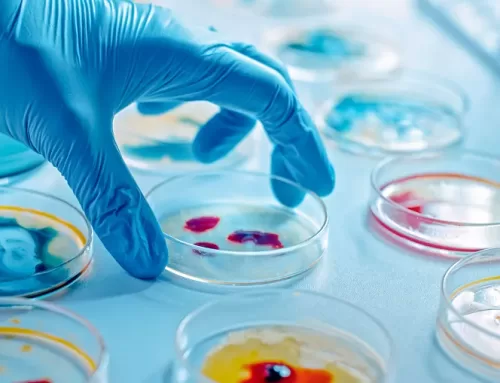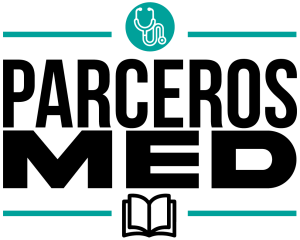Gastric cancer is the fourth most common cause of cancer-linked deaths in the world. Gastric tumor cells have biological characteristics such as rapid proliferation, high invasiveness, and drug resistance, which result in recurrence and poor survival. Helicobacter pylori (H. pylori) has been proposed as a first‐class carcinogen for gastric cancer according to the 1994 world health organization (WHO) classification. One of the important mechanisms by which H. pylori affects the gastric environment and promotes carcinogenesis is triggering inflammation. H. pylori induces an inflammatory response and a plethora of different signal transduction processes, leading to gastric mucosal disturbance, chronic gastritis, and a multi-step complex pathway that initiates carcinogenesis. It seems undeniable that the interaction between various cell types, including immune cells, gastric epithelium, glands, and stem cells, is vital for the progression and development of carcinogenesis concerning H. pylori. The interactions of H. pylori with surrounding cells play a key role in cancer progression. In this review, we discuss the interplay between H. pylori and tumor-supportive cells, including mesenchymal stem cells (MSCs), cancer-associated fibroblasts (CAFs), tumor-associated macrophages (TAMs), and myeloid derived-suppressor cells (MDSCs) in gastric cancer. It is hoped that clarifying the specific mechanisms for ‘cross-talk’ between H. pylori and these cells will provide promising strategies for developing new treatments.
Conclusión
Gastric cancer has become more prevalent throughout the world, particularly in east-Asian countries. Since inflammation has been concluded to be the most important factor in cancer development, it has been speculated that the development of gastric cancer is also triggered by inflammation. H. pylori have been recognized as a microorganism that is highly effective at inducing inflammation in the stomach. Recent studies have described a synergistic interaction between the tumor microenvironment stroma and H. pylori infection. A better understanding of how H. pylori and these cells interact should introduce new insights and perspectives on the treatment of gastric cancer, as well as novel biomarkers that may be used for early detection. As mentioned, tumor stromal cells, including TAMs, CAFs, MSCs, and MDSCs, play a critical role in gastric cancer development. The interaction of these types of cells with H. pylori has been shown to induce inflammation in the stomach.
Referencia Bibliográfica
Jamshid Gholizadeh Navashenaq, Arezoo Gowhari Shabgah, Maciej Banach, Tannaz Jamialahmadi, Peter E. Penson, Thomas P. Johnston, Amirhossein Sahebkar, The interaction of Helicobacter pylori with cancer immunomodulatory stromal cells: New insight into gastric cancer pathogenesis, Seminars in Cancer Biology, Volume 86, Part 3, 2022, Pages 951-959, https://doi.org/10.1016/j.semcancer.2021.09.014.
(https://www.sciencedirect.com/science/article/pii/S1044579X21002480)




